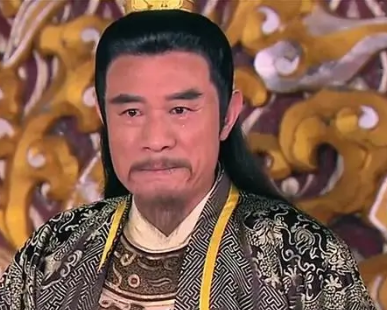The Taiping Rebellion was an unprecedented peasant revolt in Chinese history. Its leaders, Hong Xiuquan and Shi Dakai, had worked together in the early stages of the revolution. However, as the movement progressed, the conflicts between the two gradually emerged. This article will explore the conflicts and their root causes between Hong Xiuquan and Shi Dakai.

Firstly, there were significant differences in political ideologies between Hong Xiuquan and Shi Dakai. Hong Xiuquan advocated the establishment of a heavenly kingdom based on equality and fairness, practicing strict asceticism, requiring believers to abandon their families and property and lead a Puritan-style life. In contrast, Shi Dakai believed that believers should be allowed to have families and property, and advocated the establishment of a relatively loose social system after overthrowing the Qing dynasty's rule. This political divide led to friction between the two in policy formulation and implementation.
Secondly, power struggles and mutual suspicion arose between Hong Xiuquan and Shi Dakai as the Taiping Rebellion developed. Hong Xiuquan, as the Heavenly King, held the highest power, while Shi Dakai served as the Eastern King, second only to Hong Xiuquan in status. However, Shi Dakai's military and political talents were widely recognized, leading Hong Xiuquan to develop suspicions. On the other hand, Shi Dakai was dissatisfied with Hong Xiuquan's authoritarian rule and hoped to gain more power. This power struggle and mutual suspicion exacerbated the conflicts between the two.
Thirdly, there were also significant strategic differences between Hong Xiuquan and Shi Dakai during the Taiping Rebellion. Hong Xiuquan advocated continuing to move north and attack the capital city of Beijing in order to overthrow the Qing dynasty's rule in one fell swoop. In contrast, Shi Dakai believed that they should consolidate their existing bases, develop production, and accumulate strength. Due to their strategic differences, the Taiping army lacked unified command and coordination when facing enemy attacks, ultimately leading to a series of defeats.
In conclusion, the conflicts between Hong Xiuquan and Shi Dakai mainly manifested in political ideologies, power struggles, and strategic differences. These conflicts weakened the internal cohesion of the Taiping Rebellion and affected its progress to some extent. However, despite their differences, their common goals of opposing the Qing dynasty's rule and promoting social change left a profound imprint on Chinese history.
Disclaimer: The above content is sourced from the internet and the copyright belongs to the original author. If there is any infringement of your original copyright, please inform us and we will delete the relevant content as soon as possible.































